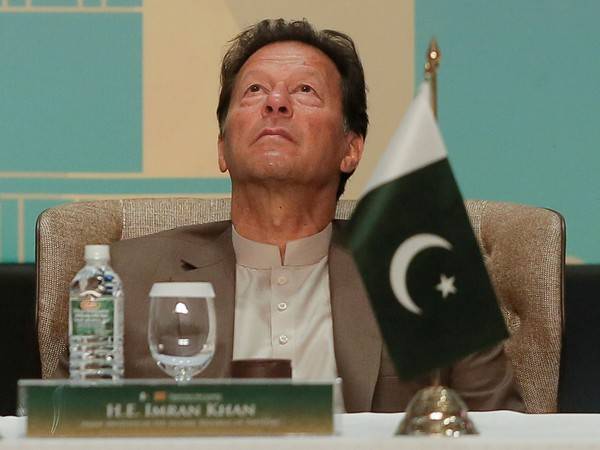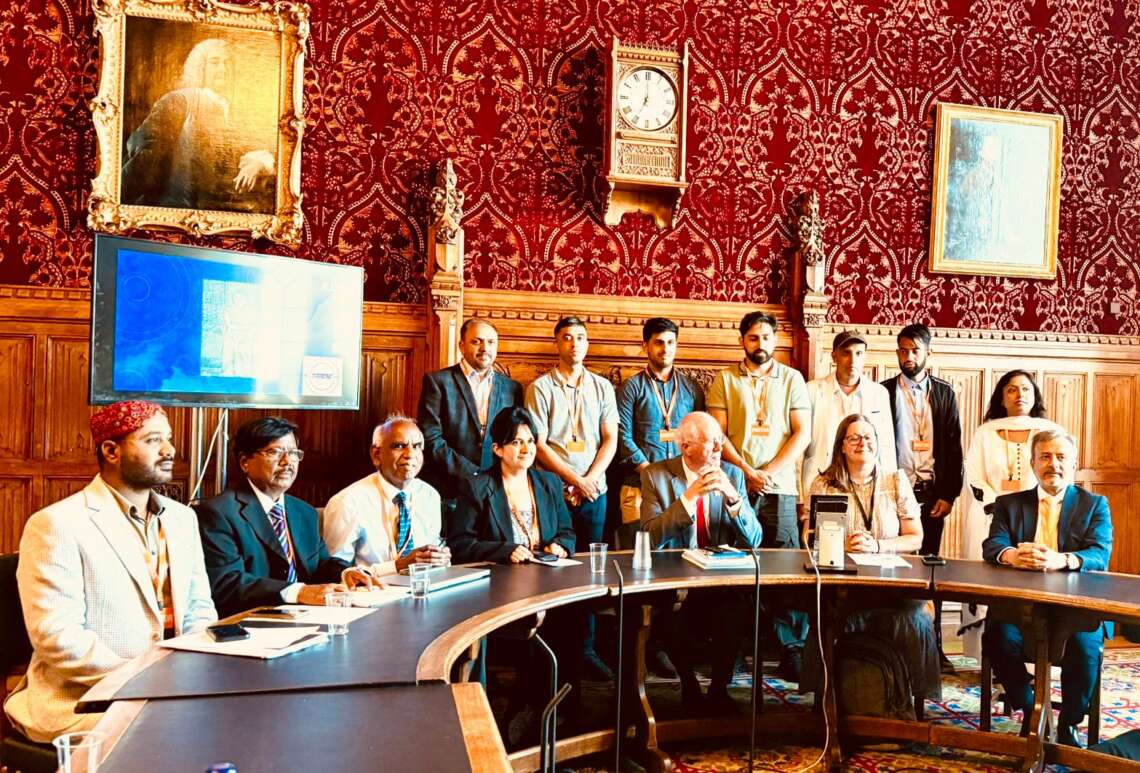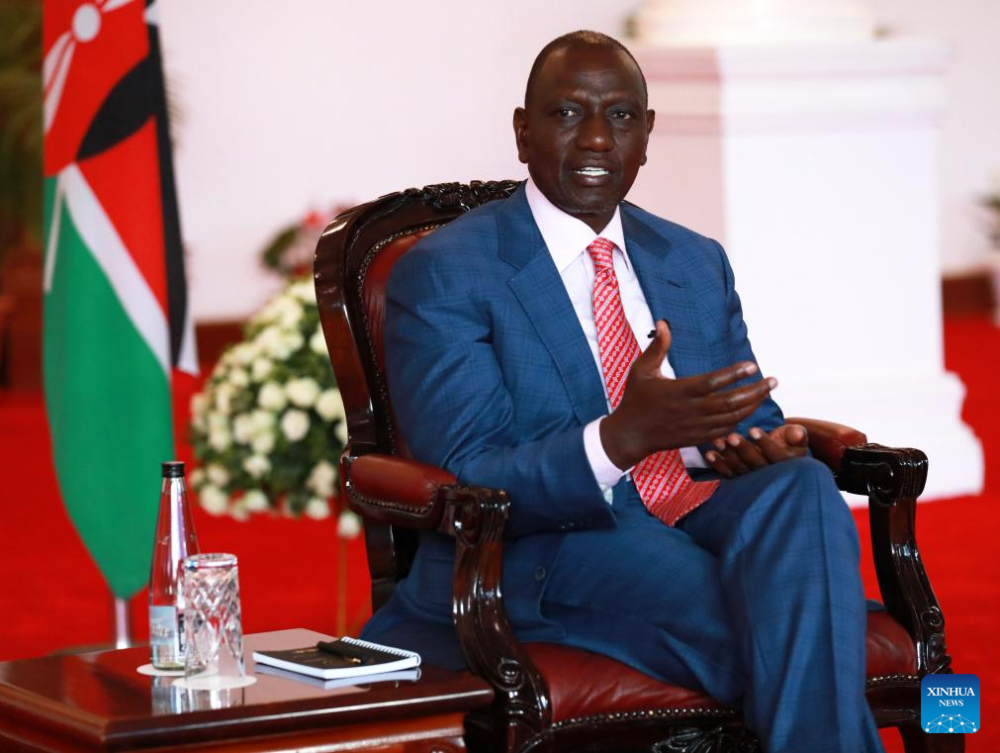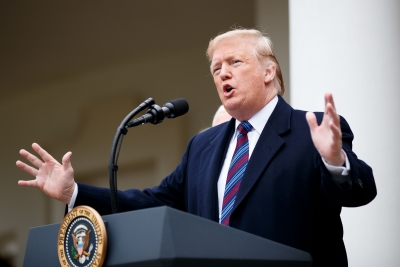Pakistan is currently marred with financial challenges as the country’s trade deficit is surging high….reports Asian Lite News
A full-fledged crisis will be knocking at the doors of Pakistan’s struggling economy by end of the current fiscal year if the International Monetary Fund (IMF) program does not revive by the end of January or early February this year, said a recent report on Friday.
Pakistan will have to pay back a bulk amount of 8.638 billion USD on account of foreign loans in the second half period of the current fiscal year, according to Policy Research Group.
The repayment of foreign loans has gone up by 399 per cent in the last four years in the rupee term. It stood at Rs 286.6 billion in 2017-18 and now it is estimated at Rs 1,427.5 billion.
In dollar terms, Pakistan had to repay foreign loans, both the principal and mark-up, to the tune of over 12.4 billion USD, as per it.

With the prevailing situation of the external sector, if the International Monetary Fund (IMF) program does not revive by the end of January or early February 2022, then a full-fledged crisis will be knocking at the doors of Pakistan’s struggling economy by end of the current fiscal year, it said.
Amid the yawning Current Account Deficit (CAD) and decreasing foreign exchange reserves despite receiving generous dollar inflows of 3 billion USD from Saudi Arabia, over 2 billion USD from the IMF, 1 billion USD through International Eurobond in the first half (July-December) period, the foreign currency reserves stood at 17.6 billion USD held by the State Bank of Pakistan (SBP) till December 31, 2021.
The foreign exchange reserves held by the SBP stood at 17.8 billion USD in July 2021. Despite dollar inflows of around 6 billion USD, the foreign exchange reserves could not be built up in the first six months of the current fiscal year, according to Policy Research Group.
Pakistan is currently marred with financial challenges as the country’s trade deficit is surging high. Inflation is rising and the Government had to bring the mini-budget to hike taxes to meet certain demands of the IMF. (ANI)














